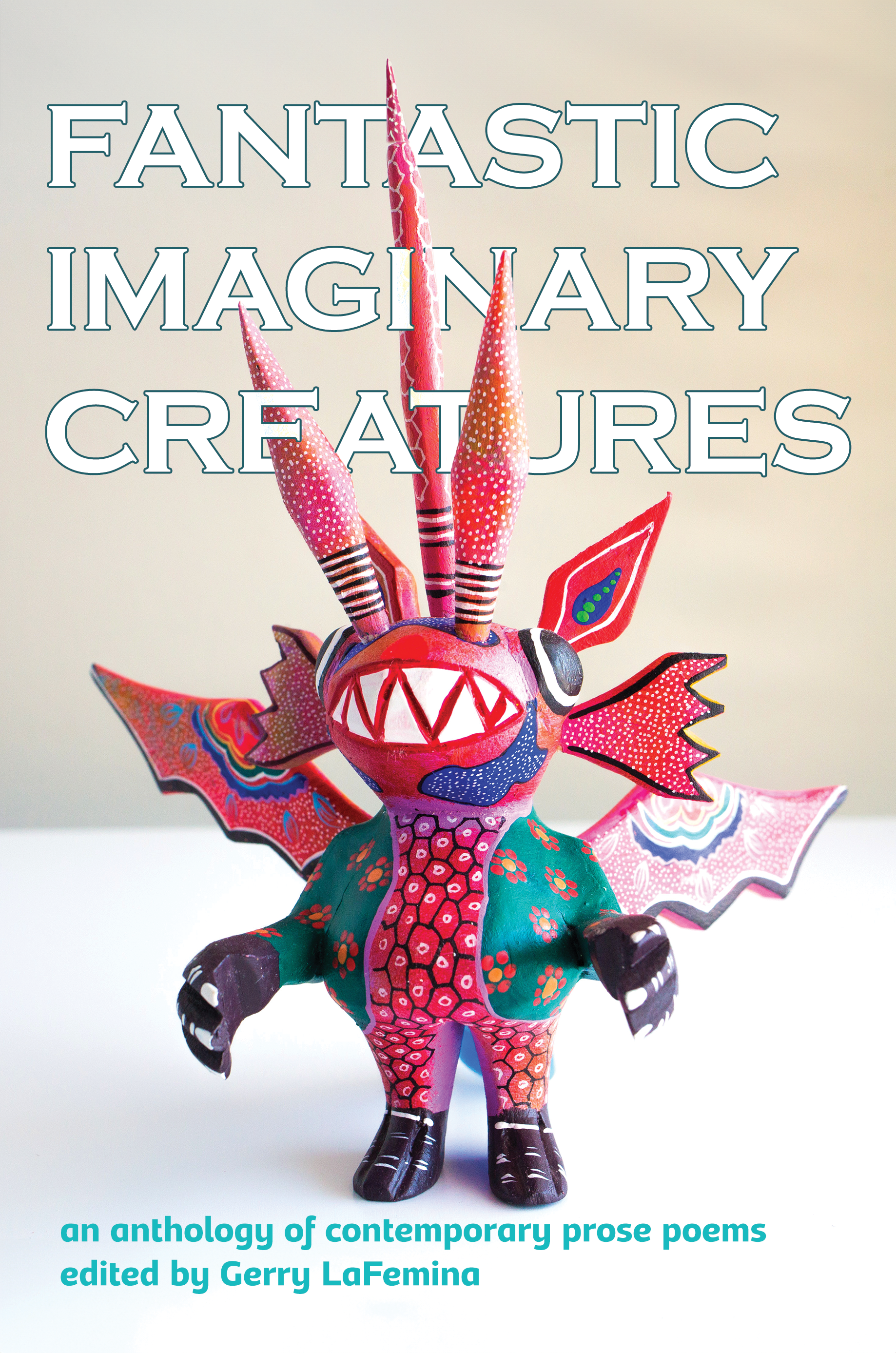Presentation by Kimberly Parish Davis for Gemini Ink Writers Conference: Negotiating Place, July 21, 2019. San Antonio, Texas.
As an independent Texas Press, Madville\’s Kim Davis attended Gemini Ink\’s annual writers conference in San Antonio and participated in a panel discussion with Katie Hoerth, editor-in-chief at Lamar Press, and Edward Vidaurre, director at Flowersong Books. What follows is the part of the conversation that Kim shared.
About Madville Publishing
We publish literary fiction, nonfiction, and poetry. We publish approximately 12 book per year, and we’re trying to make one of those books an anthology each year. Our first anthology is our dancehall poetry collection, By the Light of a Neon Moon. That collection was, in fact, inspired largely by a poem editor Janet Lowery and I heard Katie Hoerth read at a book launch for the Southern Poetry Anthology: Texas. It was put out by Texas Review Press, where I used to work. (See page 27—“The Bullrider”). Janet and I noticed that at that reading we heard not one, but three poems that somehow related to dancehalls, and we thought it would be fun to do an anthology with dancehalls as the unifying theme. We were very pleased with the poems we received, which included the work of three former Texas Poets Laureate. In the collection you’ll find a lot of Texas writers, but we also received poems from well-known poets all over the country, and the music in their dancehalls isn’t all country and western. I’m thinking in particular of Gerry LaFemina here, who wrote about Punk Rock clubs. We even received one lovely poem from India.
So, my background is in the University Press environment, and at Madville Publishing we handle our acquisitions in a way that is very similar to the way it\’s done at a university press—we get independent reviewers to read the manuscripts we think are promising before we accept them. Our mission is to present language in a playful, imaginative way and to encourage a love of the written word—regionalisms and all. English is our first language, but we adore code switching and idioms from around the world. We publish poetry, fiction, and nonfiction that straddles borders. While our authors generally hail from the English-speaking academic community, our audience extends beyond the narrow confines of the academy into the popular market, particularly with regard to our fiction, where we have a tendency to stray into adventurous, fantastic, and dystopian realities.
As I lay tossing and turning, unable to sleep a few nights ago, I went to work on what I would say to you all about the state of the publishing industry in Texas, but I can’t talk about the specific case for Texas publishing without discussing the industry as a whole. This past week I had lunch with Texas author and educator Clay Reynolds, my fellow Madville Publishing board member, and this was our main topic of discussion. We agreed that the industry is in chaos everywhere. We also agreed that covers sell books. Forget what they always told us about not judging a book by its cover. With the rise in importance of the internet, visual appeal is of paramount importance. You have to attract readers\’ attention with something pretty before they\’ll buy the book.
Rising above the competition
And it seems like more people than ever are writing—recording their stories. The difficulty is that there are many of those stories that are heartfelt and important only within a limited sphere, perhaps within a family. Often these books are not thoroughly edited and may not be commercially viable. I thought I was helping a friend to write the story of his life for his family, but our first book, An Englishman in Texas, has taught us some things about judging a memoir. It is the story of one man’s unusual and interesting life. I thought it would make great fiction, and I spent ten years working on this book with the author, Ron Kenney to produce it. Ron didn\’t want his life fictionalized, he wanted the real story with pictures. And Ron has proven to me that passion on the part of the author is a key driver of sales. This is one of our better selling titles. And here’s the reason: Ron Kenney is a dynamo—even still today at 88 years of age. He is full of energy and speaks to groups all the time. He’s a publisher’s dream because he enjoys getting out and promoting his book. So, that is a thing we look for when we are deciding what to publish. We ask the question “Will this author help us to sell his or her book?” And you can’t always predict which authors are going to help you. We like to see a marketing plan when we are considering acquiring a manuscript.
Memoir and the abundance of travelogues
Memoir is popular, and if you can get hold of a memoir that has a good hook as well as an author with a following, or who has the potential to develop a following, you’re onto something. After Eat, Pray, Love came out, I started meeting people everywhere who pitched their travelogues to me. I had to tell nearly all of them that ship had already sailed. But there’s always an exception, and I think you’ll see that when Kate Saunders’ Stand in the Traffic: A Himalayan Adoption Story comes out. Katie spent a year in Kathmandu adopting a child. She lived through a revolution, and a variety of Third-World experiences that most of us can’t imagine. And she has a following.
You’re probably not going to get rich—no matter how you publish
Writers today, whether self-published or published with an indie or even a Big-5 press, need to understand that it’s a long, long shot to think you’re going to make any moneywith your writing. It is important to have a bigger reason than that to write. I’ve met a lot of social activists who talk about the state of our world through their poetry. It forms their platform, gives them something to say when an opportunity presents itself to stand up and speak. That sad fact speaks to the state of publishing everywhere, not only in Texas.
Why we love spec fiction at Madville
I learned from a long-time editor friend at Texas A&M UP, Thom Lemmons, that you have to have a mix of popular and scholarly or in our case literary work if you want to keep your press in the black. And that suits us fine, because we love spec fiction at Madville, and a lot of people are expressing themselves this way because we’re all feeling the need to escape from things we don’t like in the world today. Fiction also illuminates social situations without pointing at them directly. Our current fiction titles include No Evil is Wide by Randall Watson, a Houston author and professor who is better known for his poetry, is set in a near future after chaos has set in. Its central theme looks at what happens when a person’s soul has been destroyed. Then we have The Autobiography of Francis N. Stein, with a fantastical protagonist who is the last descendent of the Frankenstein wretch. This story, while it plays with Mary Shelley’s format, also brings into focus modern-day issues and looks at a cast of disenfranchised characters with a white patriarchal politician as the bad guy. And we’re currently in the last week of our current submission period for inclusion in The Runaway Stories Anthology. Short fiction or nonfiction of up to 5000 words.
There’s one other voice needs to be preserved. It’s not a popular voice, but it’s a voice that contains humor and down-to-earth logic that I think it would be sad to lose entirely. The voice of the redneck. I admit it, I’m the daughter of a misogynist bigot. He died January 1 of this year. But in spite of his womanizing and his indiscriminate use of the N-word, he wasn’t all bad.
The other type of voice we love and want to preserve
Let me back up just a little bit and tell you a little of my personal story. I ran from Texas when I was 18, and I stayed gone until I was 37. That was 1997, when I returned 7-months pregnant with an English husband, a two-year-old, a dog, and two cats. I’d worked all over the world for mostly wealthy white Europeans. I spent all those years away trying not to sound Texan, or even to admit I was from Texas. I was ashamed of my Shit-Kicker background. Along the way, though, I met another yachtie from Missouri who loved his accent and his heritage. He taught me it was okay to be the child of rednecks. He taught me that, in fact, there were a lot of stories there that only I could tell—stories worth reading. And of course, the language plays a huge part in those stories. Often, it’s a turn of phrase, rendered well, that makes all the difference. Witness our Sam Pickering’s The World Was My Garden, Too, in which Sam combines his 67 years of classroom experience with a Tennessee gift for language to observations of every-damned-thing he encounters. Sam doesn’t like to mention it, but he’s the guy who inspired Robin Williams’ character in Dead Poets’ Society.
So, how do we see the state of publishing in Texas? We see it flourishing. We meet talented authors everywhere we go, and they are eager to help us sell their books. I haven’t mentioned every fabulous book in our current catalog. There isn\’t time, but you get the gist. I hope, like us, y’all are just fine as frog’s hair.


